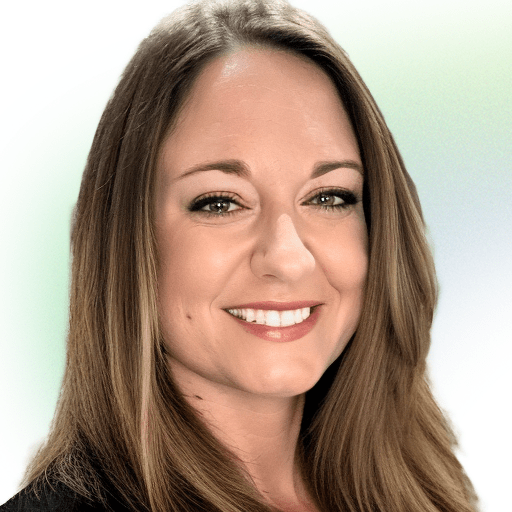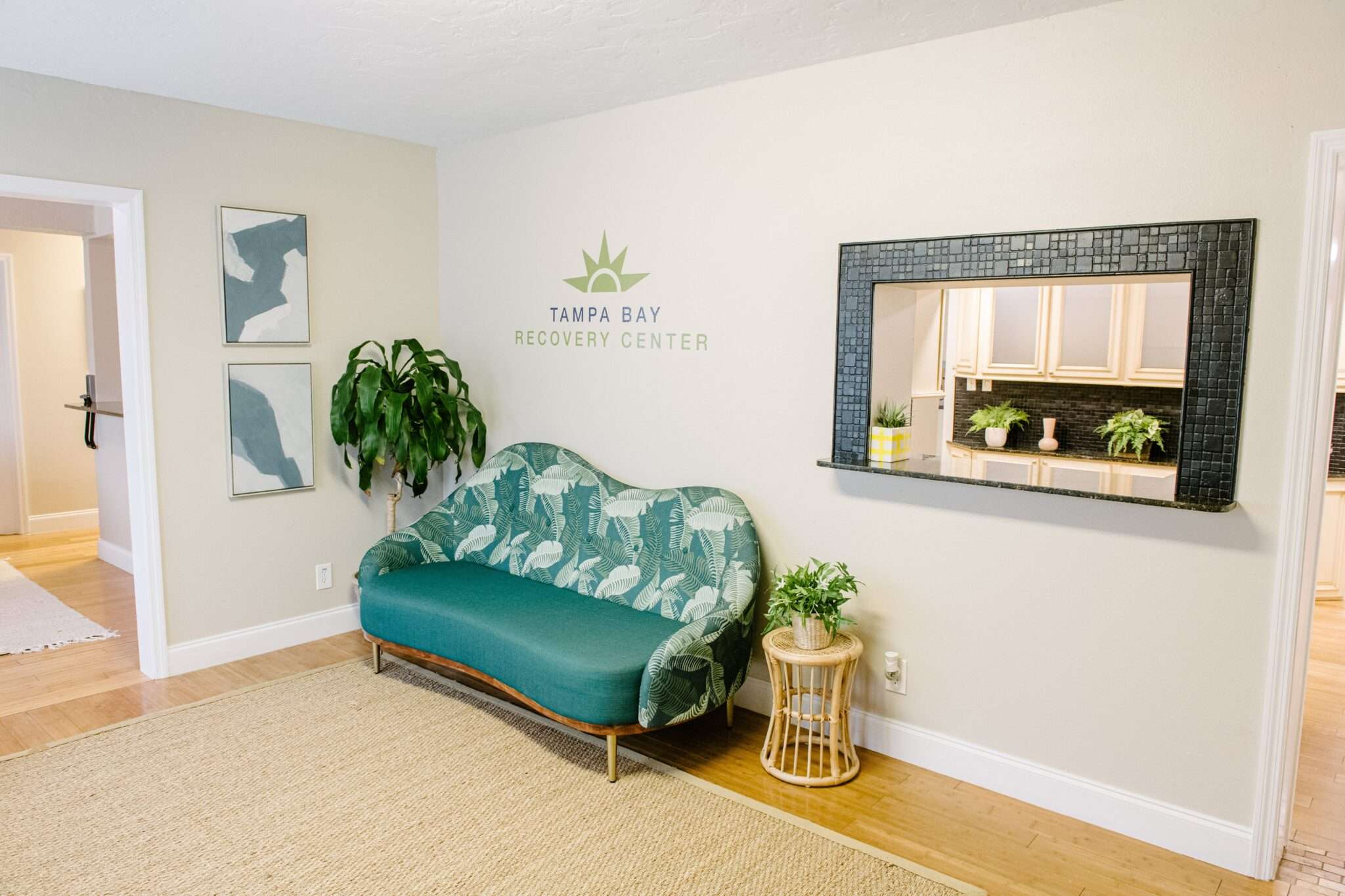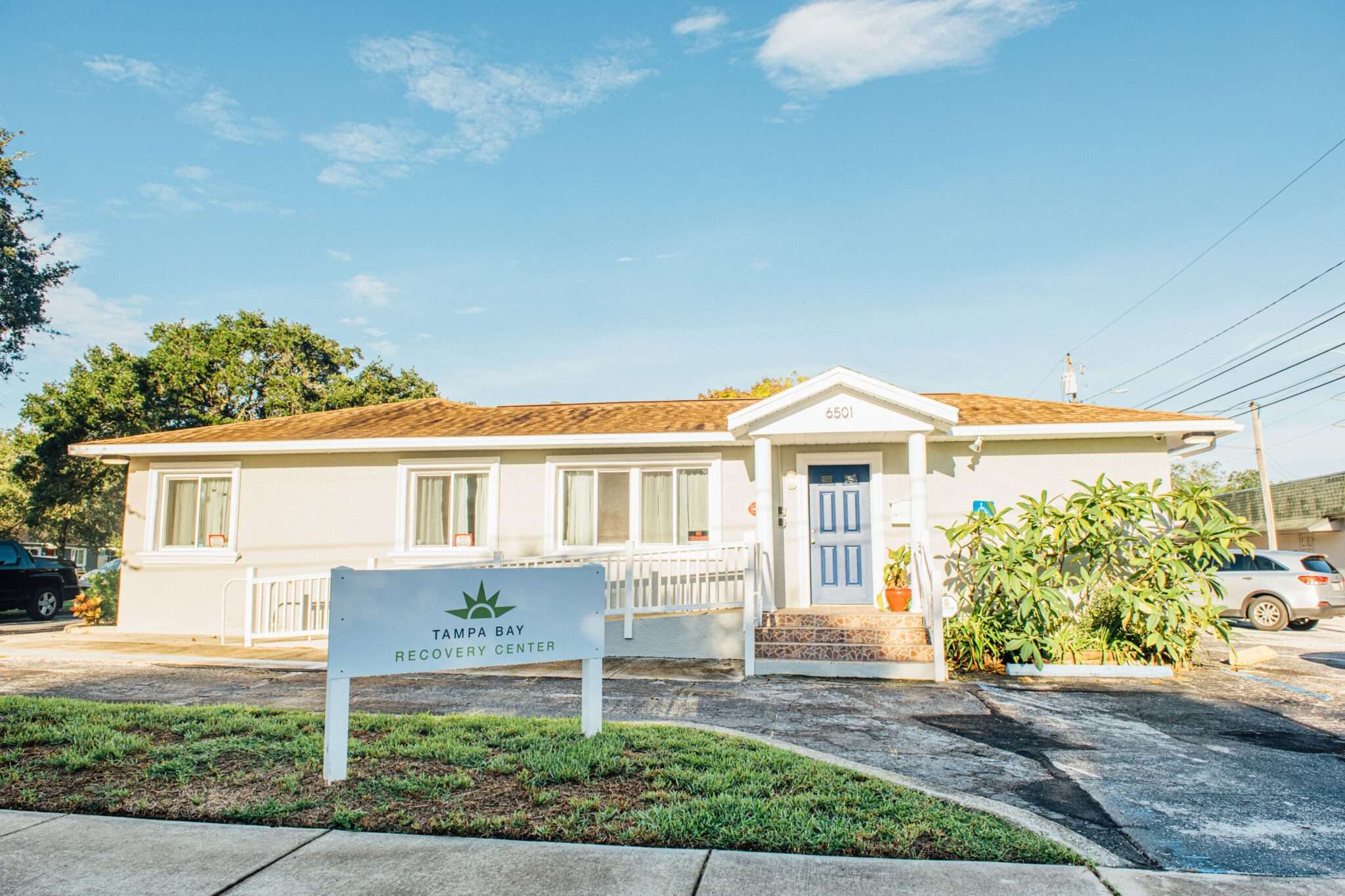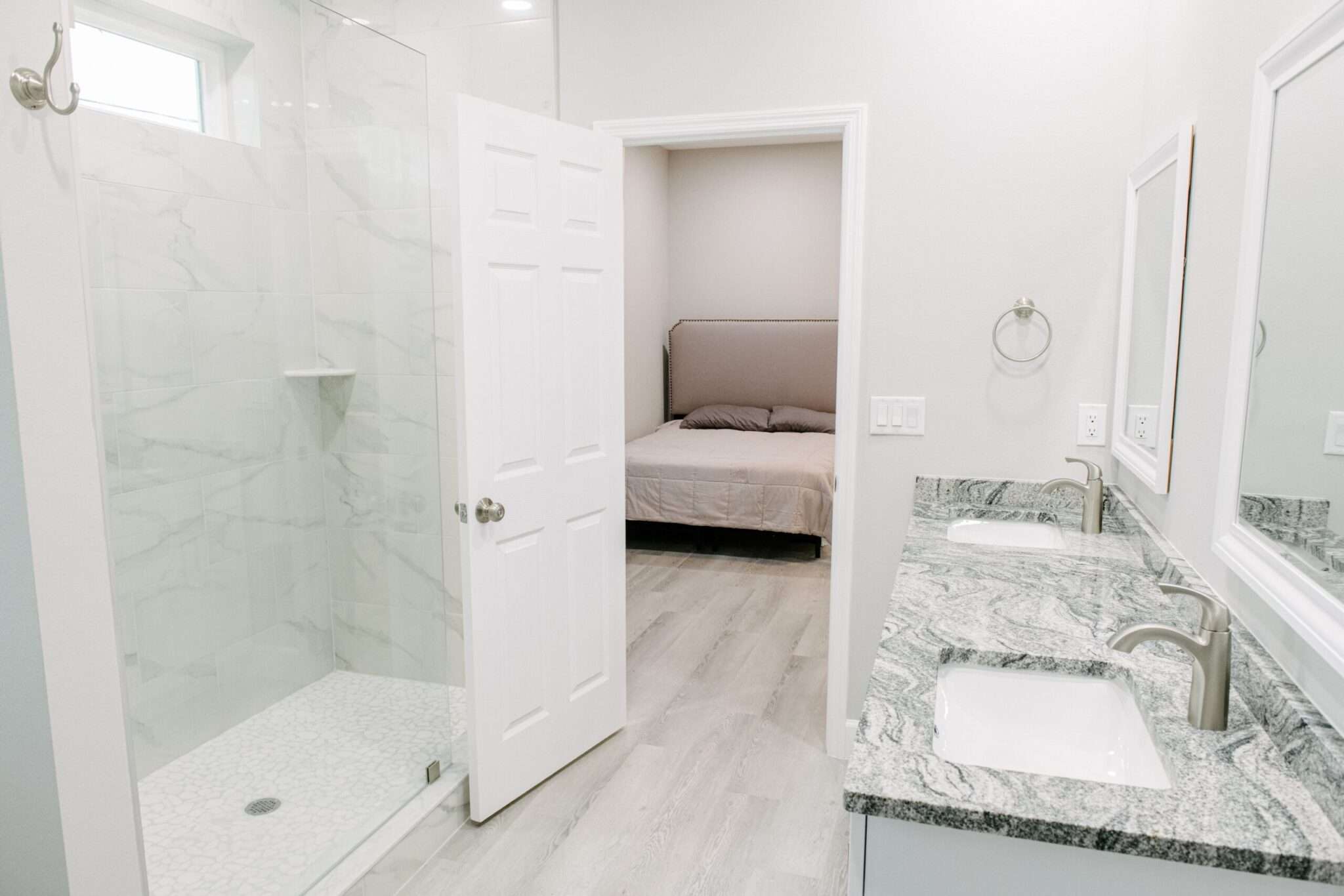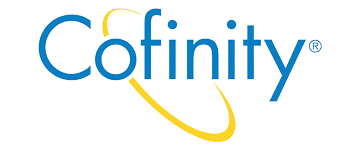Dual Diagnosis Treatment in Tampa, Florida
Dual diagnosis—also known as co-occurring disorders or co-occurring mental health disorders—is common among individuals living with a substance use disorder. According to MedlinePlus, approximately half of all people with a substance use disorder also have a mental health disorder. Gulf Coast Recovery Center offers comprehensive dual diagnosis treatment in Tampa, providing care that enables patients to achieve sobriety and effectively manage their mental health symptoms simultaneously.
If you or a loved one is struggling with co-occurring disorders, call us now at 813-755-8864 or verify your insurance to begin your journey to recovery.
What to Expect from Our Dual Diagnosis Treatment Centers in Tampa
When you begin dual diagnosis treatment at Gulf Coast Recovery Center, our clinical team conducts a comprehensive assessment to determine the presence of co-occurring disorders. If a dual diagnosis is confirmed, our team develops a personalized treatment plan tailored to address your unique needs.
Our Programs Include:
- Psychiatry and clinical assessments
- Partial Hospitalization Program (PHP)
- Intensive Outpatient Program (IOP)
- Sober living options
Signs and Symptoms of a Dual Diagnosis Disorder
Identifying dual diagnosis can be challenging, but certain signs and symptoms may indicate the need for treatment. Symptoms include:
Physical Symptoms:
- Insomnia or hypersomnia
- Malnutrition
- Significant weight changes
- Extreme fatigue
- Poor hygiene
Mental Health Symptoms:
- Using substances to cope with stress, anger, or sadness
- Social withdrawal
- Loss of interest in once-loved activities
- Intense energy bursts
- Aggressive or self-harming behaviors
- Suicidal thoughts
Common Dual Diagnosis Disorders
Some of the most common mental health disorders that occur alongside substance use disorders include:
- Depression
- Anxiety disorders
- Post-Traumatic Stress Disorder (PTSD)
- Obsessive-Compulsive Disorder (OCD)
- Panic disorders
- Borderline Personality Disorder (BPD)
- Bipolar disorder
- Eating disorders
- Schizophrenia
Causes of Dual Diagnosis Disorders
Dual diagnosis often arises from a combination of genetic, environmental, and psychological factors. Key contributors include:
- Genetics: A family history of mental health or substance use disorders.
- Trauma and Stress: Adverse experiences in childhood, such as abuse or chronic stress.
- Self-Medication: Using substances to alleviate untreated mental health symptoms, which can worsen psychological issues and lead to dependency.
How We Treat Dual Diagnosis Disorders
At Gulf Coast Recovery Center, dual diagnosis treatment begins with a detox program for substance abuse, typically lasting 3-5 days. Following detox, treatment for both the substance use disorder and the mental health disorder begins simultaneously.
Our Comprehensive Approach Includes:
- Psychiatry and Medication Management: To address symptoms of both disorders.
- Group Therapy: Providing peer support and shared recovery strategies.
- Holistic Therapy: Encouraging deeper engagement in recovery through complementary practices.
- Trauma-Informed Care: Addressing underlying trauma that may contribute to substance use and mental health challenges.
Benefits of Dual Diagnosis Treatment in Tampa
Simultaneously treating mental health and addiction provides the best chance for long-term recovery and well-being. Benefits include:
- Comprehensive clinical assessments to understand each disorder.
- Working through trauma contributing to addictive behaviors.
- Teaching recovery skills for managing withdrawal and triggers.
- Counseling for emotional regulation and relationship-building.
Does Insurance Cover Dual Diagnosis Treatment?
Insurance coverage for dual diagnosis treatment varies depending on your specific plan and the treatment facility. As awareness of the importance of integrated care for co-occurring disorders grows, many insurance plans now provide coverage for dual diagnosis treatment. Key considerations include:
- Coverage Variations: Some plans cover all or part of treatment costs, while others may offer limited coverage.
- In-Network vs. Out-of-Network: Treatment with in-network providers typically results in lower costs.
- Preauthorization Requirements: Some plans require approval from a primary care physician before treatment.
- Parity Laws: In many areas, parity laws ensure that mental health and substance use disorder treatments are covered comparably to physical health conditions.
At Gulf Coast Recovery Center, our admissions team is available to assist with insurance verification and help you understand your coverage.
If you’re ready to take the first step toward recovery, call us today at 813-755-8864 or verify your insurance. Gulf Coast Recovery Center’s dual diagnosis treatment centers in Tampa are here to guide you toward a brighter, healthier future.

